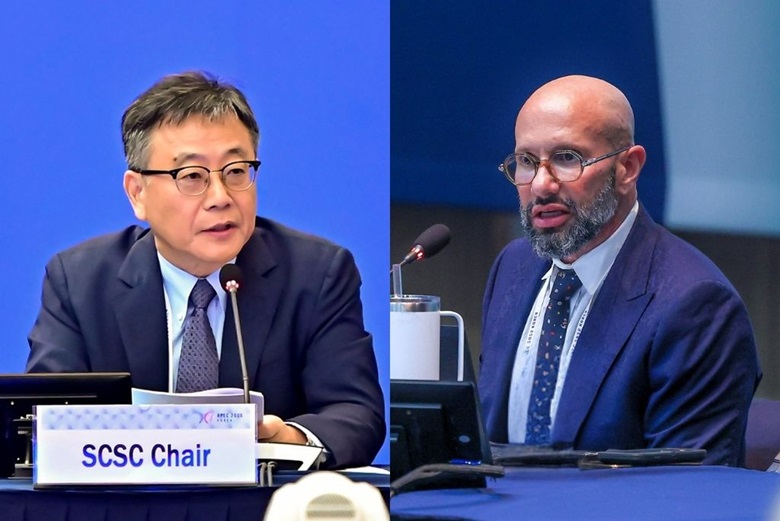APEC Advances Regulatory Convergence for Medical Products

APEC economies are making measurable progress in aligning regulatory approaches for medical products, according to new survey results endorsed by the APEC Regulatory Harmonization Steering Committee, which operates under the Sub-Committee on Standards and Conformance (SCSC).
The updated indicators highlight how economies are working together to streamline approval processes, reduce duplication and build trust across regulatory systems.
“Convergence in medical product regulation shows how standard-setting and cooperation can serve both economic growth and public health,” said Dr Kang Byung Goo, the Chair of SCSC. “By working together, our economies are not only improving regulatory practices, but also building confidence, reducing risks, and creating a stronger foundation for regional cooperation.”
The latest data underscores the impact of convergence for the region: accelerating patient access to medicines, lowering costs by reducing redundant inspections and reviews, and strengthening international confidence in APEC regulators. Officials noted that greater reliance on trusted assessments not only speeds up approvals but also minimizes opportunities for corruption by shortening timelines and limiting duplication.
The Regulatory Harmonization Steering Committee operates under SCSC and serves as the region’s focal point for advancing regulatory alignment in medical products. Established in 2008, the RHSC brings together regulators, industry experts and international organizations to promote best practices, reduce duplication and build trust across economies’ regulatory systems. Its work aims to accelerate patient access to safe, effective, and high-quality medical products, while lowering costs and strengthening the predictability of regional markets.
“Regulatory convergence reduces delays and helps patients access safe, effective products sooner,” said Mark Abdoo, Interim RHSC Chair. “These KPIs show where APEC economies are making measurable progress and where there are opportunities to advance smarter, more coordinated regulation.”
At their meeting in August in Incheon, Republic of Korea, the committee also launched the second phase of its indicator project, designed to refine measures to reflect evolving regulatory priorities. A follow-up survey will be conducted in 2026 to track progress and inform the region’s strategy.
Alongside the survey endorsement, the RHSC convened a series of policy dialogues on issues shaping regulatory cooperation. Officials explored ways to expand multi-regional clinical trials by encouraging more consistent adoption of international guidelines, enabling earlier patient access to new therapies.
They also examined pathways to improve access to treatments for rare diseases and orphan drugs, and discussed models of regulatory trust, including initiatives such as the Access Consortium, which demonstrate the value of work-sharing and mutual recognition.
The committee’s work forms part of APEC’s broader agenda to promote open trade and investment, accelerate innovation and strengthen cooperation across borders. By advancing regulatory convergence, APEC economies aim to reduce barriers, foster business certainty, and deliver safer, more effective products to patients across the Asia-Pacific.
For further information or media inquiries, please contact:
[email protected]

